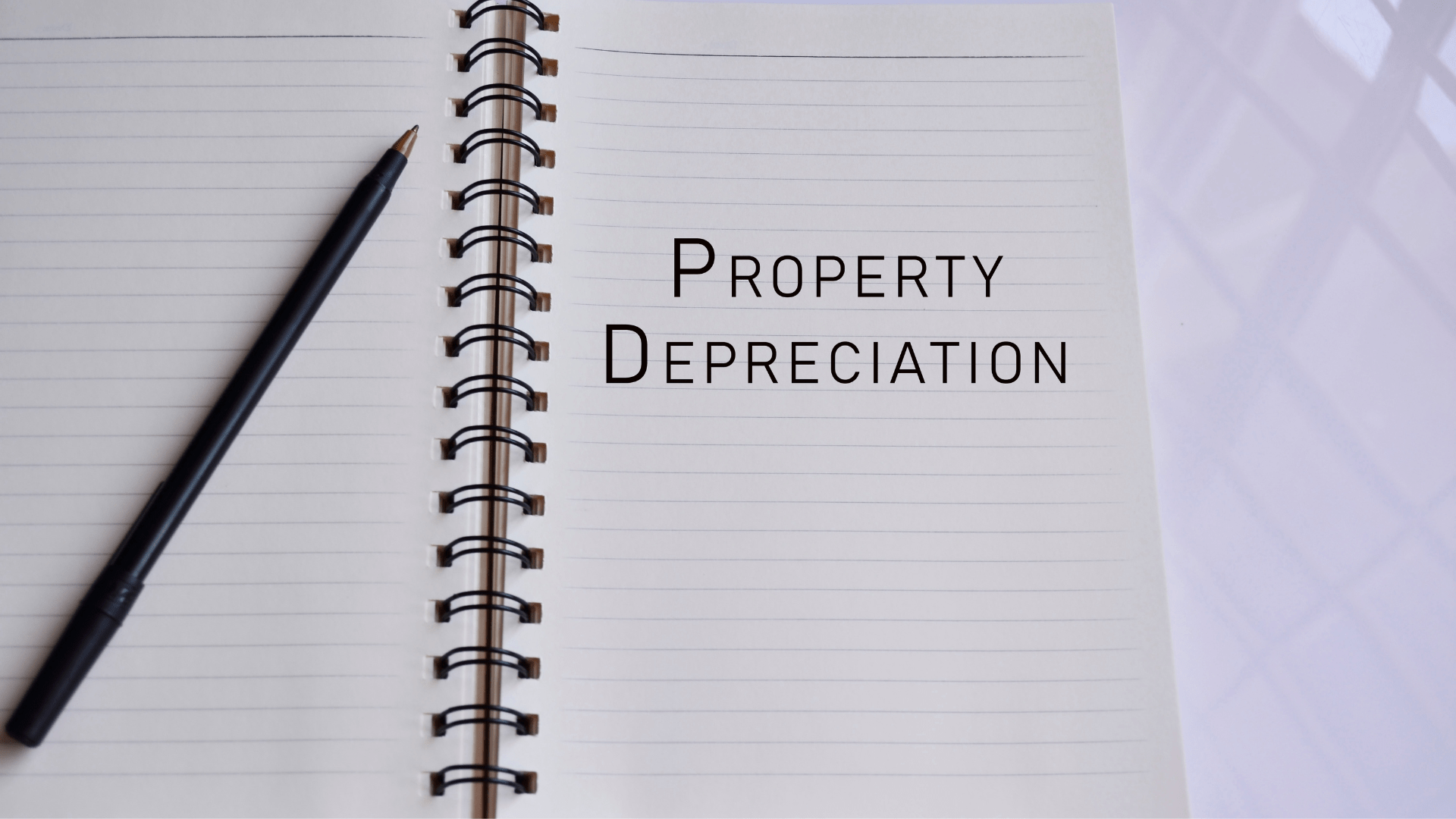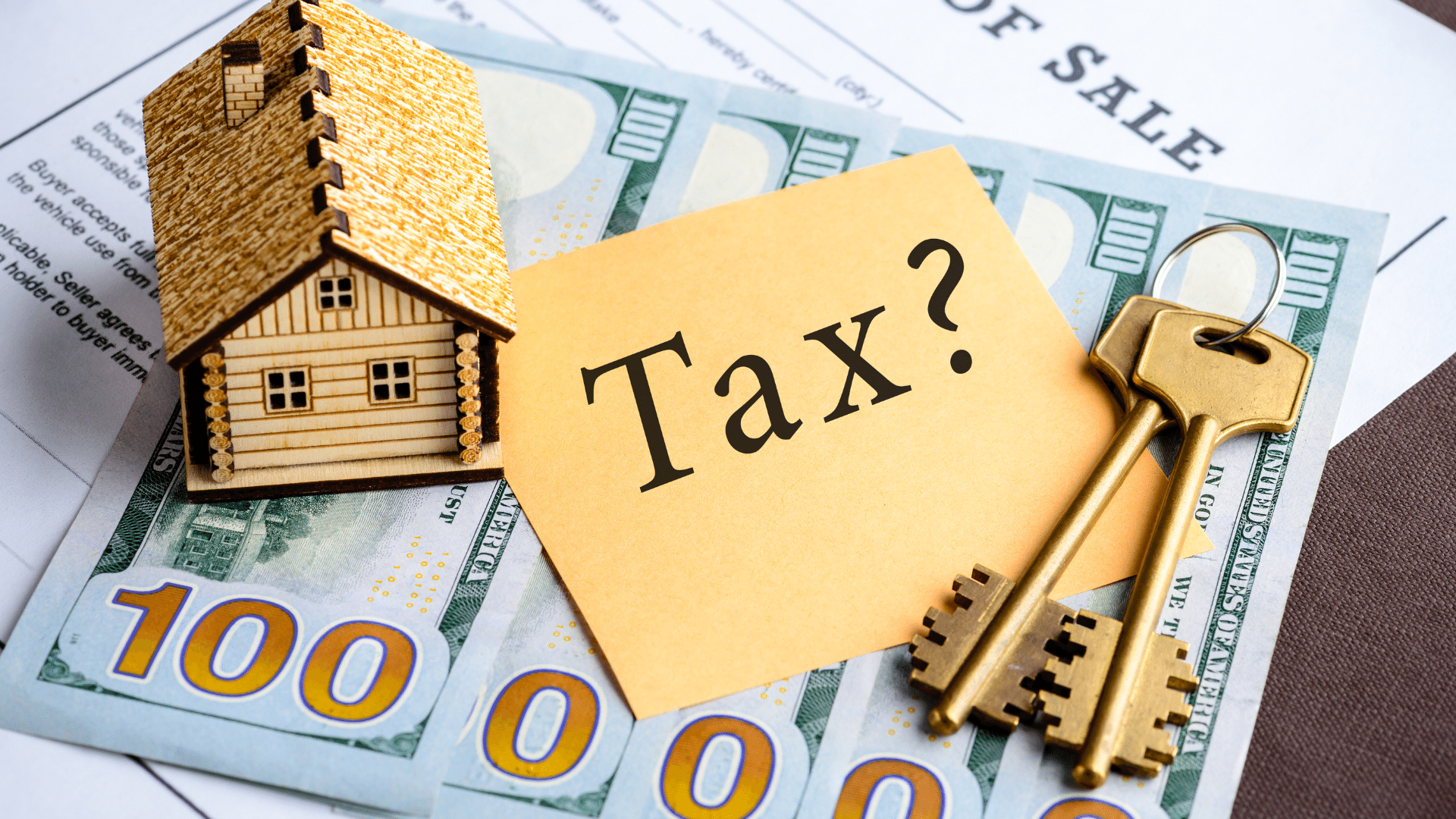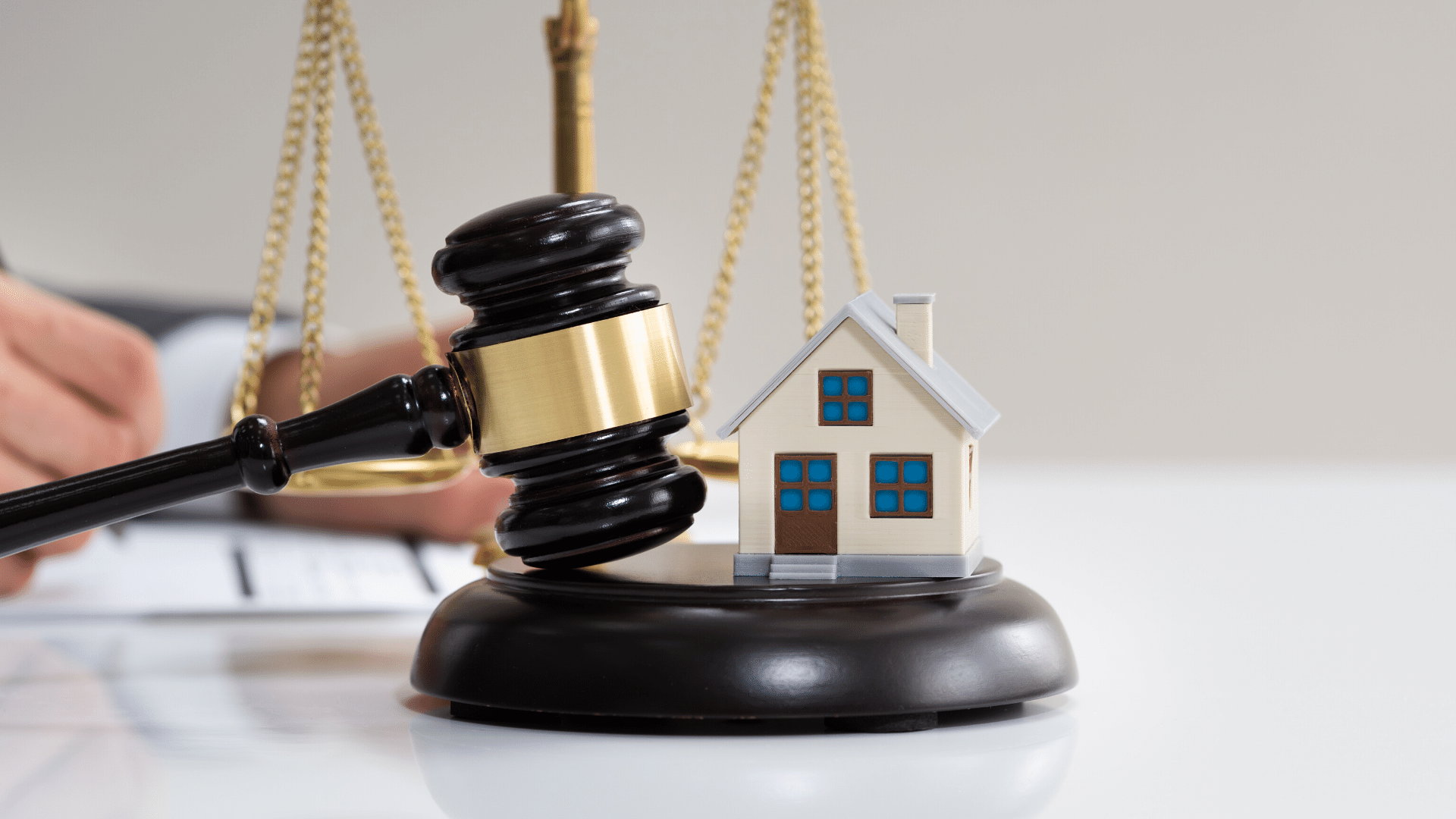In the dynamic world of real estate investment, understanding the intricacies of property depreciation can significantly impact your bottom line. Property depreciation is a tax benefit that often goes unnoticed or misunderstood by many real estate investors themselves. However, it can be a powerful tool for increasing cash flow and maximizing returns on your real estate investments. Today, we will delve into the mechanics of property depreciation, explore its various facets, and elucidate how it works in the serious real estate investor and market.
1. What is Property Depreciation?
Property value depreciation is the reduction in the value of a property over time due to wear and tear, aging, and obsolescence. It's important to distinguish between physical deterioration (wear and tear) and functional obsolescence (outdated design or features) over a property's lifespan as both contribute to property value depreciation.
There are two main types of tax purposes for property depreciation deduction recognized by the tax authorities:
A. Physical Depreciation:
This is the depreciation amount for natural wear and tear that a property experiences over time. It includes the deterioration of, not the land but building structure, roof, plumbing, electrical systems, and other physical components of damaged property. Physical depreciation is deductible over time and is known as a "straight-line" property depreciation calculator well.
B. Functional Obsolescence:
This type of depreciation occurs when a rental property becomes functionally outdated due to changes in market demand, technology, or design trends in well-maintained property. It can affect the property's fair market value or value and may result in the need for renovations or upgrades to rental property.
2. Tax Benefits of Property Depreciation
Property depreciation offers significant tax benefits to real estate investors. The primary advantage is that it allows you to deduct a portion of the property's cost from your taxable income each year. This deduction can reduce your overall tax liability and increase your cash flow after rental property expenses. Here's how it works:
A. Depreciation Expense Deduction:
When you purchase an income-generating, residential rental property, the IRS allows you to deduct the purchase price and cost basis a portion of its cost as a depreciation expense over a specific period. Residential rental properties are typically depreciated over the recovery period of 27.5 years, while commercial properties are depreciated over 39 years.
B. Lower Taxable Income:
By taking advantage of depreciation deductions, the land value of your taxable income decreases. This reduction in income tax due to depreciation losses can result in a lower income tax on your bill, allowing you to keep more of your rental income.
C. Improved Cash Flow:
As rental property owners collect rent less, your tax liability decreases, and your cash flow from the same rental property owners increases to pay taxes less. This extra cash can be reinvested into your real estate portfolio or used for your rental property, maintenance, and improvements.
3. Depreciation Methods
To calculate your cost basis and your depreciation or cost basis depreciation percentage below, you can use either of the following methods:
A. Straight-Line Method:
This method calculates depreciation expenses and spreads the depreciation expense evenly over the property's useful life. For residential properties, the useful life is typically 27.5 years, and for commercial properties, it's 39 years. The formula for calculating the depreciation expense amount for the straight-line depreciation method is:
Depreciation Expense = (Property Cost - Salvage Value) / Useful Life
B. Modified Accelerated Cost Recovery System (MACRS):
This method claim calculating depreciation amount, approved by the IRS, allows for faster depreciation during the initial years of ownership. It involves a schedule of depreciation percentages that you apply to the initial cost of your property's cost. MACRS typically the general depreciation system provides larger deductions in the early years of rental property expenses and tapers off over time.
4. Bonus Depreciation
In some cases, you may be eligible for bonus depreciation, which allows you to accelerate depreciation even further. The Tax Cuts and Jobs Act (TCJA) expanded bonus depreciation to 100% for qualified property placed in service after September 27, 2017, and before January 1, 2023. This means you can deduct the entire cost of eligible property in the year it is placed in service, providing property owners with substantial tax benefits in the short term.
5. Cost Segregation Study
To maximize depreciation benefits, some investors opt for a cost segregation study. This study involves identifying and reclassifying certain components of a property, such as fixtures, appliances, and other personal property, to shorter depreciable lives. By doing so, investors can front-load depreciation deductions and enjoy greater tax savings in the early years of ownership.
6. Depreciation Recapture
It's important to note that while depreciation offers immediate tax benefits, it can have tax consequences when you sell the property. When you sell a depreciable property for more than its depreciated value (adjusted basis), you have capital gains and may be subject to depreciation recapture tax. The recapture tax is typically taxed at a higher rate than the standard capital gains tax rate. However, there are strategies to minimize or defer this further capital gains tax or burden, such as a 1031 exchange or selling your property through installment payments.
7. Maximizing Depreciation Benefits
To make the most of property depreciation in the real estate market, consider the following strategies:
A. Keep Detailed Records:
Accurate record-keeping is the foundation of successful depreciation claims for property taxes. Property owners should maintain meticulous records of all expenses related to rental properties, including not only the purchase price but also costs associated with renovations and improvements. These records will serve as evidence to support and claim depreciation deductions when filing taxes.
B. Consult a Tax Professional:
Navigating the complex landscape of real estate tax laws can be challenging. Tax laws may change, and specific regulations can vary by location. To ensure you're taking full advantage of depreciation benefits while remaining compliant with tax rules, it's advisable to consult a qualified tax accountant, tax advisor, or professional who specializes in real estate investments. Their expertise will help you optimize your tax strategy and potentially save you money.
C. Evaluate the Impact on Cash Flow:
Understand how the depreciation rate affects your investment property's cash flow and overall financial performance. Use this knowledge to make informed investment decisions and optimize market value for your portfolio.
D. Consider a Cost Segregation Study:
For commercial properties, especially those with a high percentage of personal and property taxes, closing costs from a cost segregation study can significantly increase annual depreciation deductions and closing costs in the short term.
E. Plan for Depreciation Recapture:
If you plan to sell a property, consider the potential depreciation recapture tax implications for investment property and explore strategies to mitigate the tax impact.
Property depreciation is a valuable tool in the real estate investor's toolbox, offering tax benefits that can enhance cash flow and overall returns. By understanding how the rental property depreciation and alternative depreciation system works, utilizing the right rental property depreciation and methods, and staying informed about tax regulations, you can make informed investment decisions and optimize your real estate portfolio for long-term success. Remember to consult with a tax professional to tailor your rental property depreciation strategy to your specific real estate investment goals and circumstances.
For more information on Vista Residences, email [email protected], follow @VistaResidencesOfficial on Facebook, Twitter, Instagram, and YouTube, or call the Marketing Office at 0999 886 4262 / 0917 582 5167.

.png)





